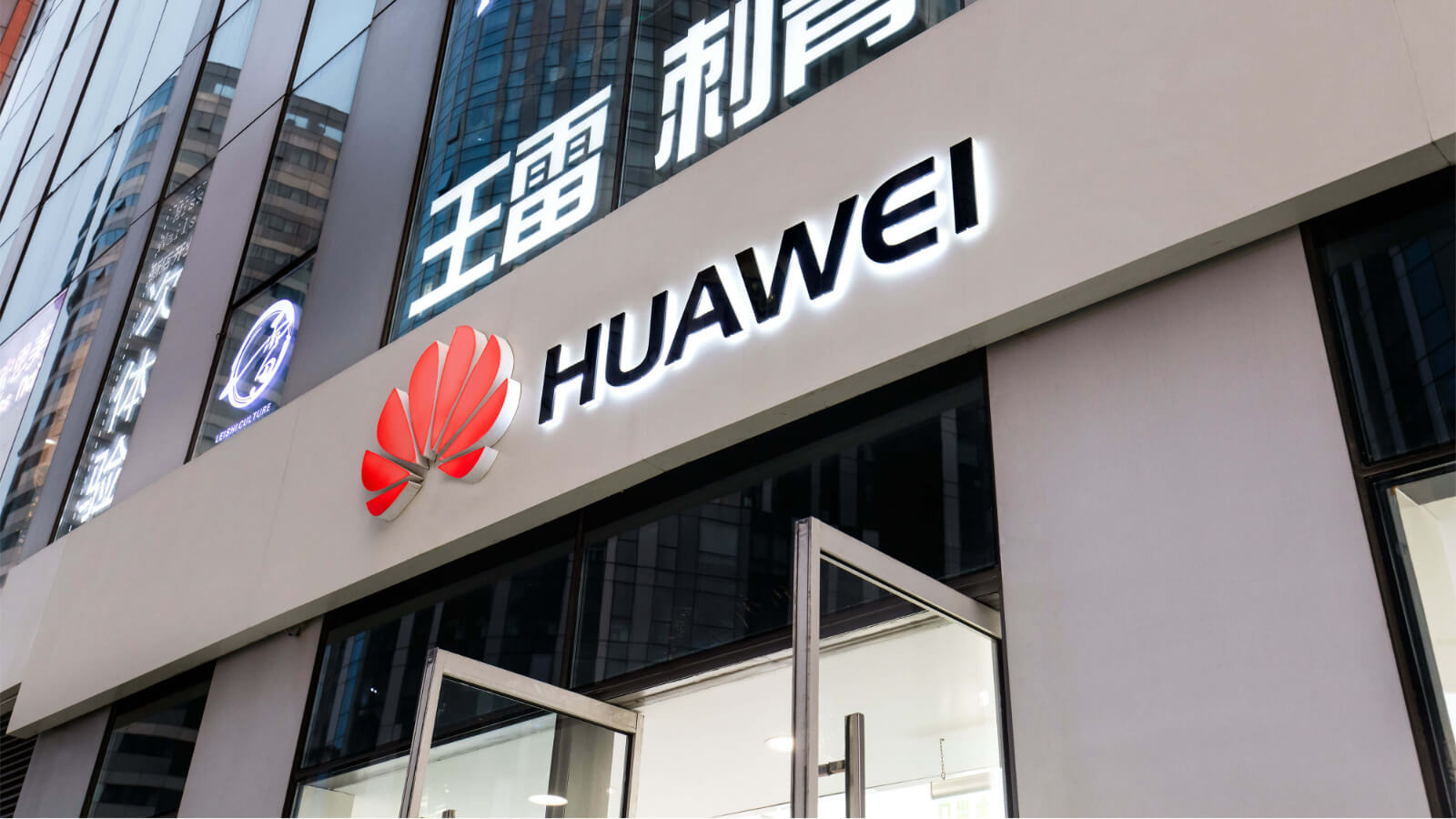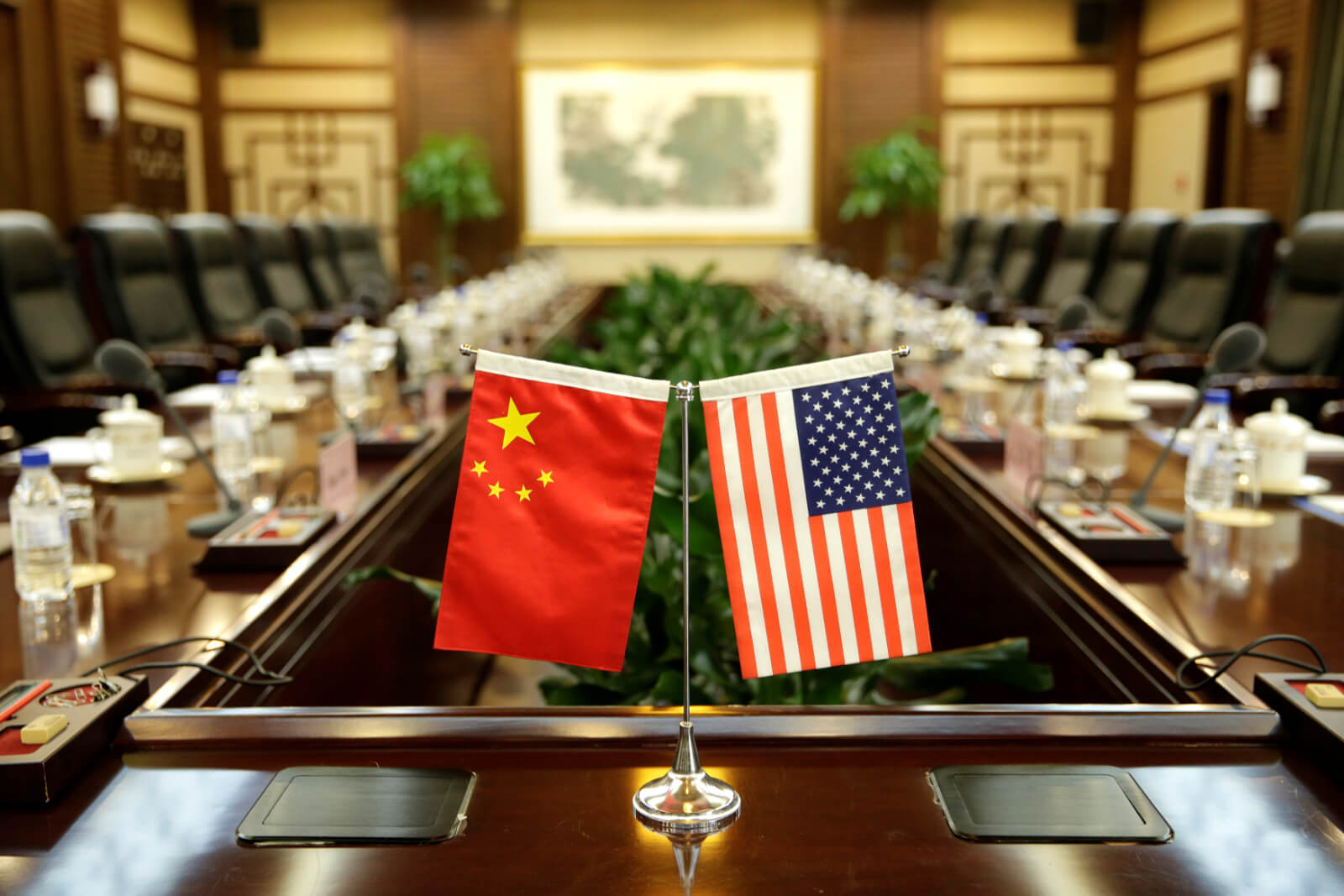What just happened? An executive order from the Trump administration has effectively put a ban on Chinese telecommunication firms from doing business with US companies. Both nations and the global tech industry are likely feeling the heat in the escalating trade war as last week US added Huawei and 68 (previously 70) affiliates to its "Entity List" barring them from buying technology and components from US firms without government approval.
After declaring a national emergency, big names in the US tech industry have started to comply with the government's ban on doing business with "foreign adversaries," namely China's Huawei Technologies Co, the world's largest provider of networking equipment and No.2 smartphone maker. The company faces a ban similar to that placed on ZTE a year ago.
Among the first tech giants to suspend business activities with Huawei is Alphabet Inc.'s Google, reports by Reuters. The move sees Google revoking Huawei's Android license and restrict it to using the Android Open Source Project (AOSP). "Google Play and the security protections from Google Play Protect will continue to function on existing Huawei devices," a Google spokesperson told the publication.
This development seems to indicate that Google Android's experience on existing Huawei phones won't be immediately affected but the future for its current and any upcoming devices is uncertain as the company loses access to Android Q. Huawei can resume with developments in AOSP but the absence of critical features like the Google Play Store and Play Services means that it would have to ship phones without access to a marketplace with billions of Android apps and popular Google apps like Maps, Gmail and YouTube.

Granted that Huawei's smartphone business in the US is insignificant but banning it from using software supplied by Google will likely cripple it in the global smartphone race. Within its home country, the company doesn't need Google's Android ecosystem owing to the availability of in-house alternatives likely made possible by a blanket ban on using foreign software and services. Outside China is a different story; Huawei has huge markets in places like Europe and India where Google's Android app ecosystem is the only viable option.
Apart from software, Huawei now also faces a hardware supply issue in several departments with Intel, Qualcomm and Broadcom cutting off their chip businesses with China. While the company can bear the impact from Qualcomm with its own line of SoCs such as HiSilicon's Kirin chipset for mobile, it doesn't have a suitable alternative to Intel that provides it with server chips and processors for its MateBook line of laptops.
Companies including Broadcom and Xilinx that supply programming and switching chips, a key component in manufacturing networking equipment, have also halted business with Huawei until further notice.
Huawei pointed out the negative impact that this ban will have on the US economy. "It will do significant economic harm to the American companies with which Huawei does business, affect tens of thousands of American jobs and disrupt the current collaboration and mutual trust that exist on the global supply chain," the company said in a statement.
